What is Lemongrass Oil?
Lemongrass oil is a type of essential oil that is extracted from the leaves and stalks of the lemongrass plant (Cymbopogon citratus).
Lemongrass is a perennial plant that is native to tropical regions such as Southeast Asia, Africa, and South America.
How do they get the oil out of the plant?
The oil is extracted from the plant through steam distillation, which involves the use of high-pressure steam to extract the essential oils from the plant material.
What does Lemongrass smell like?
Lemongrass oil has a strong, citrusy aroma, and is yellow to brownish-yellow in color.
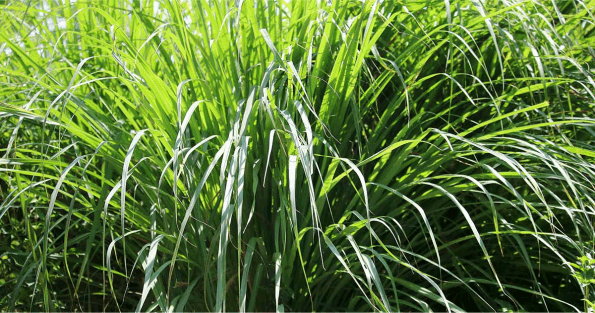
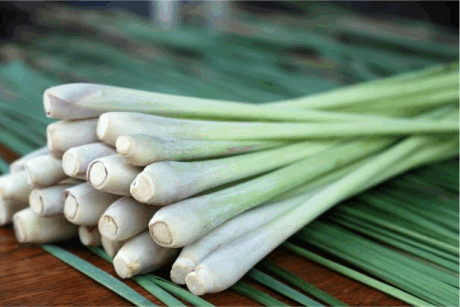
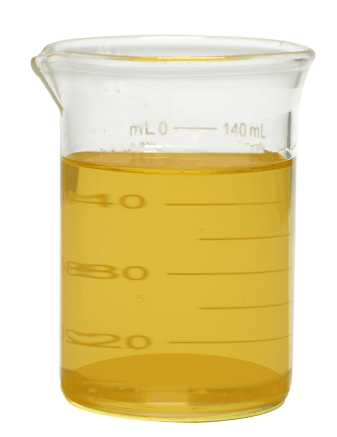
Who uses Lemongrass Oil?
Lemongrass
Industrial Uses- Food and beverage industry: Lemongrass is used as a flavoring agent in many foods and beverages, such as teas, soups, curries, and sauces. It adds a tangy, citrusy flavor to dishes.
- Cosmetics and personal care industry: Lemongrass oil is used as a fragrance in soaps, lotions, perfumes, and other personal care products. It has a fresh, uplifting scent that can help to reduce stress and anxiety.
- Aromatherapy practitioners: Lemongrass oil is commonly used in aromatherapy to promote relaxation and relieve stress. It is believed to have a calming effect on the mind and body.
- Traditional medicine practitioners: In traditional medicine systems such as Ayurveda and Chinese medicine, lemongrass is used for a variety of health conditions, such as digestive issues, fever, and pain relief.
- Home gardeners: Lemongrass is a popular plant for home gardens due to its attractive appearance and pleasant scent. It can be grown in pots or in the ground, and its leaves can be harvested and used in cooking or for making tea.
Is Lemongrass oil a natural bug repellent?
Yes, Lemongrass oil works as a bug repellent by emitting a scent that is unpleasant to insects, particularly mosquitoes.
How does lemongrass oil repel bugs?
Lemongrass oil contains several chemical compounds, including citronellal, geraniol, and limonene, that are known to repel insects.
The compounds in lemongrass oil interfere with the insect’s ability to detect carbon dioxide, which is one of the main cues that attracts mosquitoes to humans.
Is Lemongrass in Minus Bite Family Bug Spray?
Yes, Lemongrass oil is an active ingredient in our all natural family friendly bug spray as well as other highly effective essential oils.
Benefits of Using Lemongrass Oil on the Skin at the right concentration
Antimicrobial properties: Lemongrass oil has been shown to have antimicrobial properties, which means it can help to kill or inhibit the growth of harmful bacteria and fungi on the skin. This can be particularly beneficial for people with acne-prone skin or other skin conditions that are caused or exacerbated by bacteria or fungi.
Anti-inflammatory properties: Some studies have suggested that lemongrass oil may have anti-inflammatory properties, which means it can help to reduce inflammation and redness on the skin. This can be helpful for people with sensitive or irritated skin.
Antioxidant properties: Lemongrass oil contains antioxidants, which can help to protect the skin from damage caused by free radicals. Free radicals are unstable molecules that can cause oxidative stress and damage to cells, which can contribute to premature aging of the skin.
Astringent properties: Lemongrass oil has astringent properties, which means it can help to tighten and tone the skin. This can be helpful for people with oily or acne-prone skin, as it can help to reduce the appearance of pores and control excess oil production.
Relaxation and stress relief: Lemongrass oil has a fresh, citrusy scent that is known to have a calming and relaxing effect on the mind and body. Using lemongrass oil in a skincare product can provide a soothing and uplifting sensory experience that can help to reduce stress and promote relaxation.
Timeline of the Usage of
Lemongrass Essential Oil- 1000 BCE: According to archaeological evidence, lemongrass was used in India for medicinal purposes around this time.
- 17th century: Lemongrass was introduced to the Caribbean by West Africa and was used as a medicinal herb and insect repellent.
- 18th century: Lemongrass was introduced to the Americas by European colonizers and was used for culinary and medicinal purposes.
- 19th century: Lemongrass became popular in Europe and was used for flavoring teas, soups, and stews.
- 20th century: Lemongrass became widely cultivated in tropical regions around the world, including Southeast Asia, Africa, and South America. It is now used in a variety of products, including food, beverages, cosmetics, and aromatherapy products.
- 21st century: Research into the medicinal properties of lemongrass continues, and the essential oil of lemongrass is being studied for its potential use in treating various health conditions, including anxiety, depression, and inflammation.
Lemongrass Oil has a long history of use!
Lemongrass has a long and varied history, and it continues to be valued for its unique flavor, aroma, and potential health benefits.
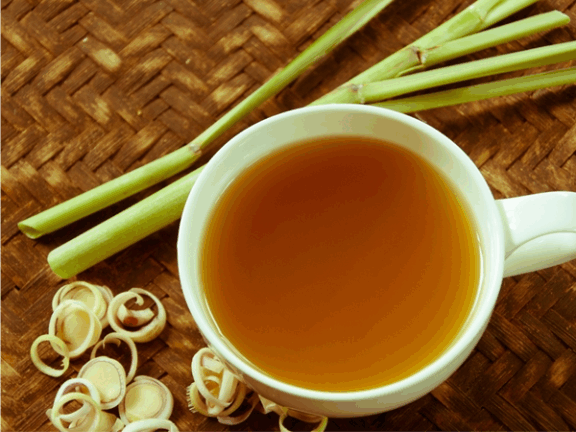
ADDICTIVE FRESH LEMONGRASS TEA
Reading Material on Lemongrass
Insect repellents mediate species-specific olfactory behaviours in mosquitoes"
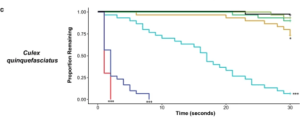
15 Minute Read Published 30 March 2020
"The repellency of lemongrass oil against stable flies, tested using video tracking"
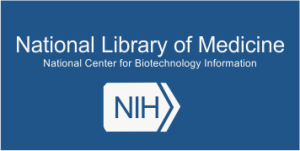
5 Minute Read Published 30 March 2020

References:
Essential Oil Safety (2nd Edition) by Robert Tisserand and Rodney Young
“Lemongrass: A Review on its Medicinal Potential” by M. Akhtar et al. in Medicines, 2019
“Insecticidal activity of essential oils: octopaminergic sites of action” by R. N. Vassão et al. in Comparative Biochemistry and Physiology Part C: Toxicology & Pharmacology, 2017
“Antimicrobial activity of essential oils and other plant extracts” by P. J. Agaie et al. in Journal of Microbiology, Biotechnology and Food Sciences, 2018
“Anti-inflammatory activity of essential oils and their constituents: A review” by A. Boakye-Gyasi et al. in Phytotherapy Research, 2020
“Lemongrass (Cymbopogon citratus) essential oil demonstrated anti-oxidant and anti-inflammatory potential in a Drosophila model of Parkinson’s disease” by N. Harischandra et al. in PLoS One, 2019
“Lemongrass essential oil as a potential treatment of anxiety and depression” by S. S. Ali et al. in Evidence-Based Complementary and Alternative Medicine, 2015
